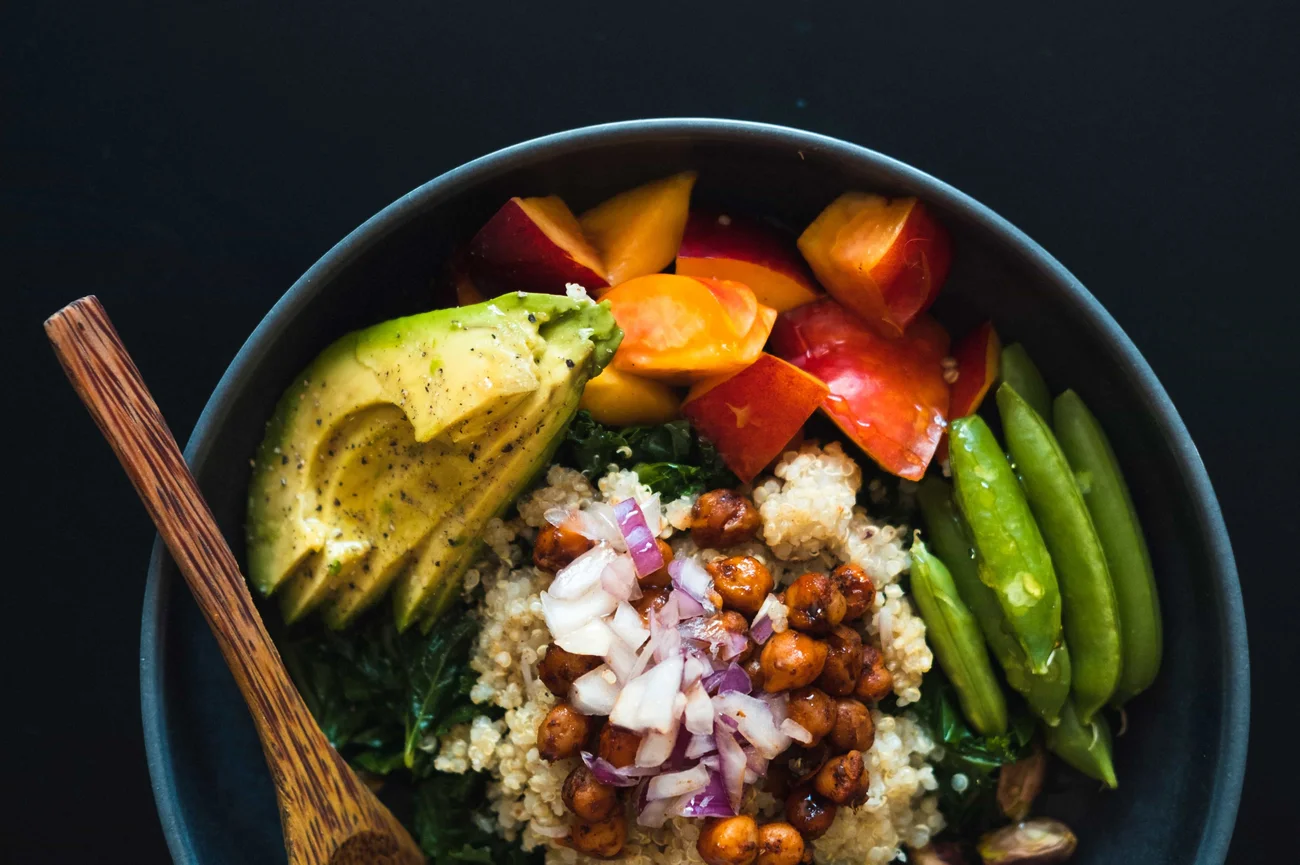In today’s fast paced society, grabbing food and not paying mind to the labels has become the norm. Being busy with life is now an excuse to head to the drive thru window and consume fast foods, throw in some frozen meals and other processed sources of foods that could be taking years off of our lives. Convenience has become our greatest concern when it comes to fueling our bodies.
Those who want to improve their health are looking for various diet options that can help them feel better and live longer. Plant based diets are one of the more popular options for accomplishing these goals. People are choosing plant-based diets to improve their health, while some have also chosen this option as a stance against animal product consumption.
Types of Plant Based Diets
There are three main labels used for those who choose a plant-based diet: vegetarian, vegan, and wholefood plant-based diets. They are all very similar as they have the same plant-based ideals, but have a few varying ideals that set them apart.
- Vegetarian Diet – In general, vegetarians will consume animal product, but not the flesh of animals. So while they may eat eggs, they will not eat chicken. There are also sub-groups of vegetarians that are more or less strict. For example, some may choose to consume fish.
- Vegan Diet – Vegans are considered the strictest of the plant-based dieters. They will consume no animal products whatsoever, including meats, dairy products, poultry, seafood, eggs, etc. Vegans don’t even consume honey or gelatin because it is made by or from animals.
- Plant-Based Whole Foods Diet – This option does not eliminate meat and animal products entirely but does try to make the majority of the food they consume plant-based.
Advantages of Plant Based Diets

There are many reasons that people will turn to a plant-based diet. In addition to the moral arguments, you can enjoy a variety of health benefits as well, including the following:
- Easier to get most key vitamins and minerals
- Considered to be a heart-friendly diet
- Reduces levels of ‘bad’ cholesterol
- Lower in saturated fats
- Reduced risk of type two diabetes
- May help to lose weight
- Reduced risk of many types of cancers
Of course, as with any diet, you have to choose healthy options to get these health benefits. A diet that is filled with nothing but sugar may technically be plant-based, but it will be terrible for you.
Disadvantages of Plant-Based Diets

While the advantages of this type of diet are certainly significant, one should not ignore the potential problems that you could face. The following are some of the common disadvantages associated with plant-based dieting:
- Protein – For most people, meat is the primary source of protein, so those following a plant-based diet need to intentionally find alternatives for this essential nutrient.
- Iron – Just like protein, meat is a common source of iron for many. If you move to a plant-based diet, look for ways to add iron to your meals.
- Meal Planning – While there are endless plant-based recipes out there, most people did not grow up learning them. This can make it more difficult for those who are just starting out.
- Social Shaming – The unfortunate truth is that many people give those who follow a plant-based diet a hard time. If you want to try a plant-based diet, make sure you are prepared to ignore any negative comments coming from ignorant people.
If you have decided that you want to transition to a plant-based diet, there are quite a few changes that you will have to make. Stocking up on your favorite fruits, vegetables, nuts, and other foods will be essential. Downloading some proven recipes is also a great way to get started. On top of making these changes in the kitchen, you will want to think about what types of foods you can order when you go out to eat. While this will take a little work at first, it will become like second nature if you stick with it for a few months. Once you get into the routine, a plant-based diet is easy, delicious, and most importantly, very healthy.




Recent Comments